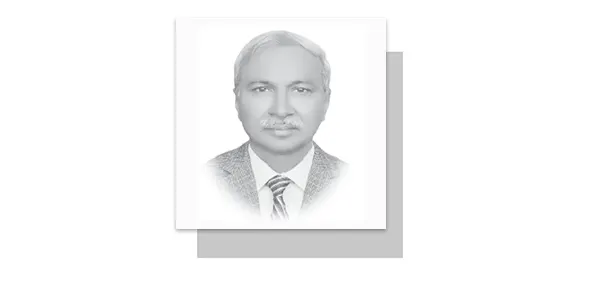Since childhood, we have always been fond of the winter season and are accustomed to waiting for it during the summer.
There used to be plenty of sunshine back then, but nowadays, in the midst of the persistent smog and fog that envelops the environ-ment, sunshine is rarely seen. People living in cities like Faisalabad, Lahore and other parts of the country, that have witnessed several years of winters where the sun is only visible behind a thick veil of smog and fog, can truly understand how precious sun-shine is. We are wasting blessings like sunlight and wind.
The energy crisis is one of the major challenges our country is currently facing. The shortage of electricity, along with its high cost, has made life unbearable for the pub-lic and the country’s industries are also severely affected. Pakistan relies heavily on oil to meet its electricity needs, and in recent years, there has been a continuous increase in oil prices in the global market. As a result, electricity is becoming increasingly ex-pensive, and on the other hand, it has become essential to find alternative energy sources to meet the rapidly growing demand for electricity.
Allah has blessed our country with abundant natural resources. The issue is that due to our own negligence, we haven’t seriously focused on making the best use of these resources.
Fortunately, Pakistan is located in a geographical region where the sun shines brightly throughout the year. This makes solar energy easily available in large quantities, without interruption, at all times. Unfortunately, our governments have not paid much attention to this crucial source of energy. Although some efforts are being made now, they are progressing at a very slow pace.
While the issue of using sunshine to overcome the electricity crisis is important, it is even more crucial for the poor people, who face severe cold without warm clothes, relying either on this divine blessing or on used clothes imported from abroad. To un-derstand the value of sunshine, one should ask the Europeans, who, despite being af-fluent, yearn for sunshine during the winter months. In fact, I would say that in recent years, the winter sun has become like a cruel lover to us—appearing when it pleases and hiding behind fog and clouds when it doesn’t.
Air quality experts say that smog is severely affecting the people of Pakistan. Smog is shortening the average lifespan of the population and causing significant harm to the eyes and lungs. Experts have warned that smog may cause a substantial decrease in the average lifespan of Pakistanis, while fog is particularly harmful to in-dividuals with chest diseases. Asthma patients, especially, face worsened conditions during this season.
This year, smog was so intense in Punjab that the government had to impose a lockdown to combat it, schools had to be closed, and although the situa-tion is not completely resolved, it has improved to some extent. We must consider how we can permanently address this issue in the future, and we need to start prepar-ing for it now.
I, sometimes, wonder if this is a punishment from Nature for not utilizing the bless-ing of sunshine.
Therefore, I urge our authorities not to waste the abundant treasures of sunshine and wind that God has provided in our country. Countries that remain de-prived of sunshine for more than half the year would greatly benefit from these re-sources.
—The writer is contributing columnist based in Islamabad.










